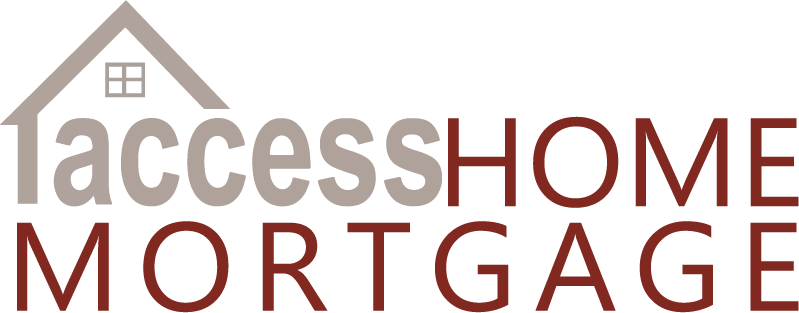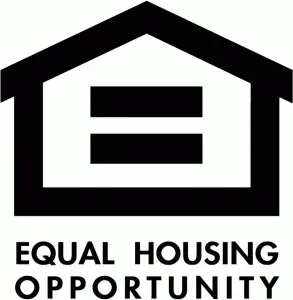Understanding the Differences Between Conventional and FHA Loans
When it comes to buying a home, one of the first decisions you'll face is choosing the right type of mortgage. Two of the most common options are Conventional Loans and FHA Loans. Let's break down what each entails, helping you make an informed decision tailored to your needs.

What is a Conventional Loan?
Conventional loans are mortgage loans that aren't backed by a government agency. They're typically issued by private lenders like banks, credit unions, or mortgage companies. Here's what you need to know:
Credit Score: Lenders usually require a higher credit score for conventional loans. A score of 620 or above is often necessary, though this can vary by lender.- Down Payment: You might need as little as 3% down, but to avoid private mortgage insurance (PMI), you'd need at least 20%.
- Loan Limits: There's a cap on how much you can borrow, which varies by location but is generally higher for conventional loans.
- PMI: If your down payment is less than 20%, you'll pay PMI until you reach 20% equity in your home.
- Flexibility: Conventional loans offer more flexibility in terms, including adjustable-rate mortgages (ARMs) and fixed-rate options.
What is an FHA Loan?
FHA loans are insured by the Federal Housing Administration, part of the U.S. Department of Housing and Urban Development (HUD). Here's the lowdown:
Credit Score: FHA loans are more lenient with credit scores. Borrowers can qualify with scores as low as 580 with a 3.5% down payment, or even lower with a larger down payment.- Down Payment: The minimum down payment can be as low as 3.5% of the purchase price.
- Loan Limits: FHA has its own loan limits, which are generally lower than conventional but are adjusted annually and vary by county.
- Mortgage Insurance: FHA loans require both an upfront mortgage insurance premium (MIP) at closing (1.75% of the loan amount) and an annual MIP, which can be quite costly but can be removed after 11 years if you put down at least 10%.
- Property Condition: FHA loans have stricter property standards; homes must meet certain safety and livability conditions.
Key Differences to Consider:
- Qualification Ease: FHA loans are generally easier to qualify for due to lower credit score and down payment requirements.
- Insurance Costs: FHA loans have more expensive insurance compared to PMI for conventional loans, but it might be offset by easier qualification.
- Loan Flexibility: Conventional loans offer more flexibility in terms of loan types and property types, including investment properties.
- Home Inspection: FHA loans require a more thorough home inspection, potentially saving you from buying a problematic property.
- Refinancing: FHA loans might offer streamline refinancing options without an appraisal, which can be advantageous if home values are down.
Which is Right for You?
- Choose a Conventional Loan if: You have a decent credit score, can afford a higher down payment to avoid PMI, or are looking for more loan flexibility.
- Choose an FHA Loan if: You're working on building your credit, have limited savings for a down payment, or want the safety net of government-backed insurance.
At Access Home Mortgage, we're here to guide you through this decision. Whether you're leaning toward a conventional loan for its flexibility or an FHA loan for its accessibility, understanding these differences can make all the difference in securing your dream home.
Contact us for personalized advice or to start your mortgage application today. Let's find the home financing that fits your life, not just your budget.
Remember, this blog post is a general guide. Your specific situation might require a closer look, so always consult with a mortgage professional for advice tailored to your circumstances.



